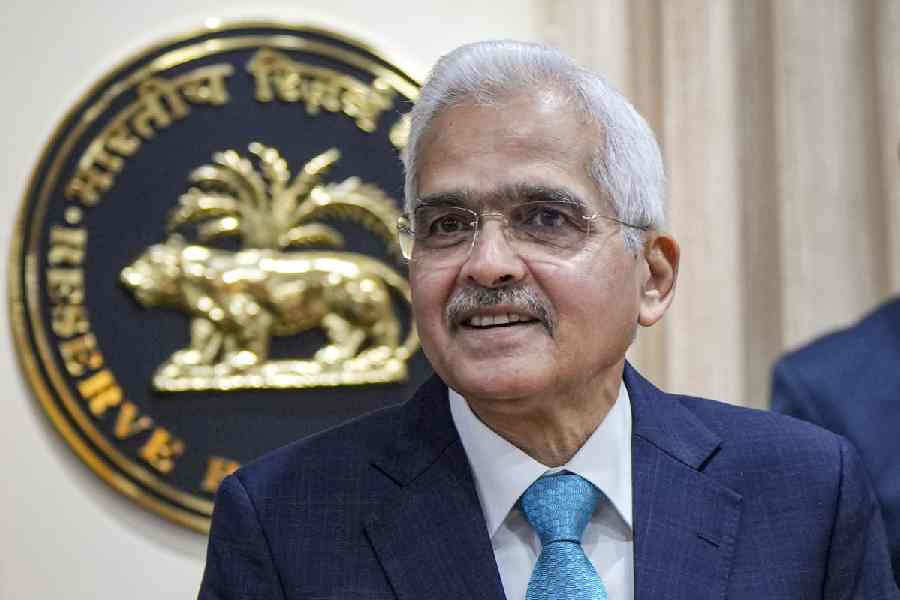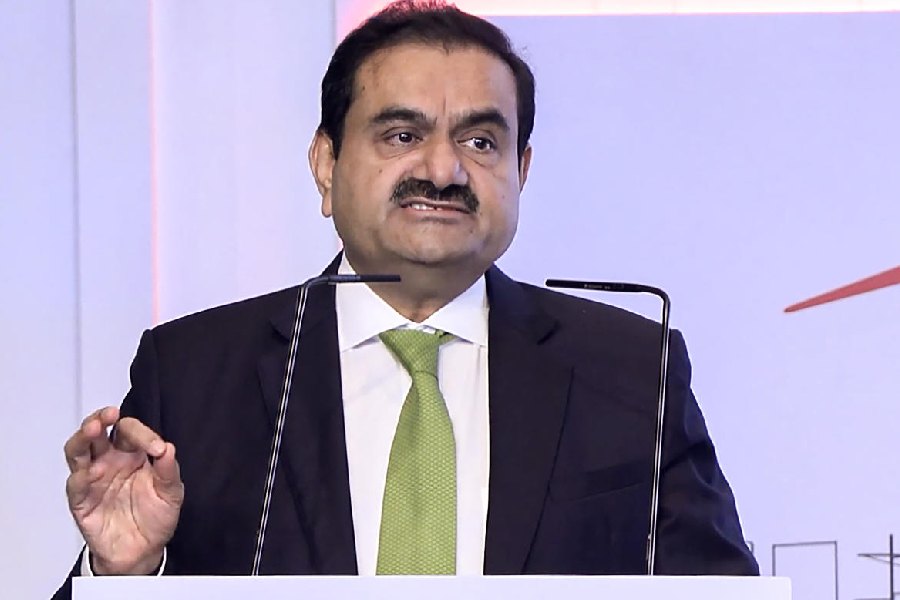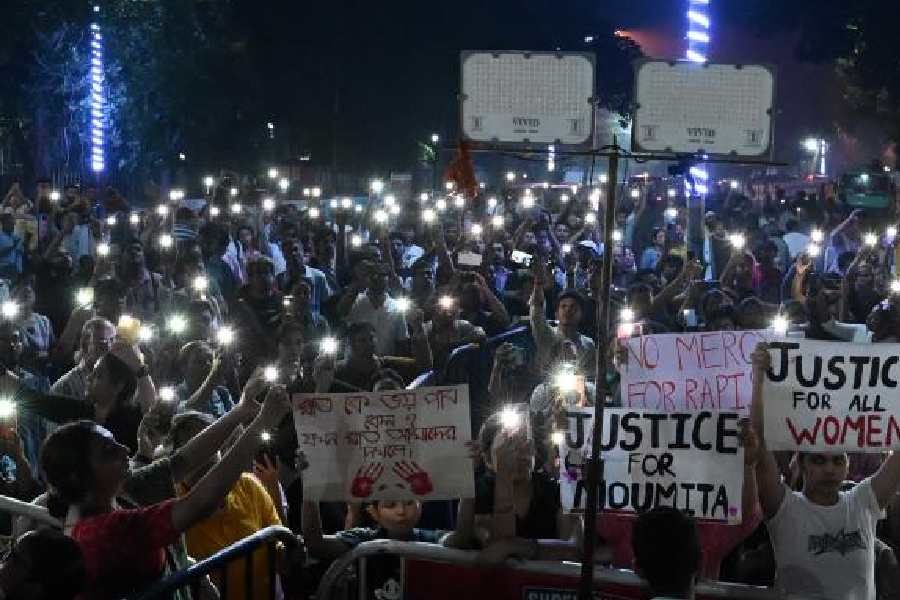The Economic Survey's GDP forecast of 8-8.5 per cent for the next fiscal is optimistic and the Union Budget is expected to focus on fiscal management and reforms to give a booster dose to the economy, India Inc said on Monday.
Finance Minister Nirmala Sitharaman will present the Budget for 2022-23 in Parliament on Tuesday whereas the Economic Survey 2021-22 was unveiled on Monday.
Experts, however, opined that the 8-8.5 per cent economic growth forecast for the fiscal beginning April was rather optimistic as it is based on several positive assumptions, some of which may not hold.
CII Director General Chandrajit Banerjee said the Economic Survey's GDP growth forecast of 9.2 per cent for this year and 8-8.5 per cent for the next year will catapult India as the fastest growing major economy of the world for two consecutive years.
"We believe that going forward, continued reforms, focus on capital expenditure, continuous strengthening of our healthcare systems and the micro containment strategy to ensure minimal supply chain disruptions, will all act as a booster dose to the economy, enabling India to grow at sustained high rates. We look forward to the forthcoming budget to focus on these areas," stated Banerjee.
India's economy is expected to grow by 8-8.5 per cent in the fiscal beginning April 1 and is well placed to meet the future challenges on the back of widespread vaccine coverage, supply-side reforms and easing of regulations, said the Economic Survey, tabled in Parliament on Monday.
The Survey expects the economy to grow by 9.2 per cent during the current financial year, indicating a recovery to the pre-pandemic level.
Assocham said it shares the prognosis of the Economic Survey that the Indian economy is well placed to take on the challenges of 2022-23, riding on the back of continuous reforms in supply side and safety nets to the vulnerable sections of the society, hit by the Covid-19 pandemic.
Assocham Secretary General Deepak Sood said schemes like Credit Guarantee with 100 per cent guarantee for additional funding of Rs 4.5 lakh crore to MSMEs have provided a critical relief to the sectors, severely hit by the pandemic, adding that more such measures are expected in the Budget.
Ranen Banerjee - Partner and Leader, Economic Advisory Services at PwC India said following the agile approach, the GDP is projected to grow at a range of 8-8.5 per cent rather than a specific percentage.
"This projection is possibly at the optimistic end of the spectrum given several underlying assumptions. The projections are based on assumptions that there will be no further debilitating pandemic related disruption, there will be a normal monsoon, global central banks will undertake an orderly withdrawal of global liquidity, oil prices will moderate to a range of USD 70-75/bbl during FY23 and global supply chains will ease gradually".
He said it is quite likely that some of these assumptions may not hold and there could be other risks emerging from rising geopolitical tensions that have not been stated in the assumptions.
"Therefore, we should realistically expect sub 8 per cent GDP growth in FY23 and anticipate an agile approach to fiscal management in the Union Budget in the highly VUCA environment. The Finance Minister will be equipped with fiscal ammunition to aim for the projected economic growth rate under the given assumptions," Banerjee stated.
Dharmakirti Joshi, the chief economist at Crisil, opined that the 8-8.5 percent growth outlook for FY23 looks optimistic as there are downside risks largely from external factors such as high crude prices and reversal of monetary policy by systemically important central banks.
The survey is optimistic on the medium-term prospects due to infrastructure capex focus and supply-side reforms. We also believe with a nudge from the government's infrastructure investments and the PLI scheme, private investments will also revive gradually, he said.
Chief Policy Advisor at Ernst & Young D K Srivastava said the economic survey's 2022-23 forecast for real GDP growth in the range of 8-8.5 per cent is tangibly below the IMF's latest projection at 9 per cent.
According to him, the main reason for the lower forecast is the non-availability of significant base effects in 2022-23 as compared to 2021-22. In fact, when these base effects were absent in Q3 and Q4 of 2021-22 and economic activities had started to normalize, the average growth in the second half of 2021-22 was only 5.6 per cent.
"As such, even growth of 8-8.5 per cent may prove to be optimistic particularly if the underlying assumption regarding global crude prices being in the range of USD 70-75/bbl. is belied. The higher petroleum prices however translate into relatively higher WPI and IPD-based inflation rates. This is proving to be the main reason for buoyant tax revenue growth," Srivastava said.










